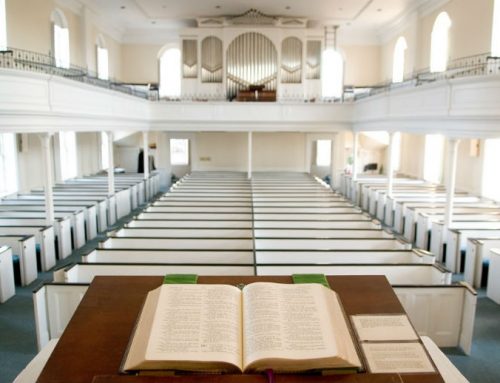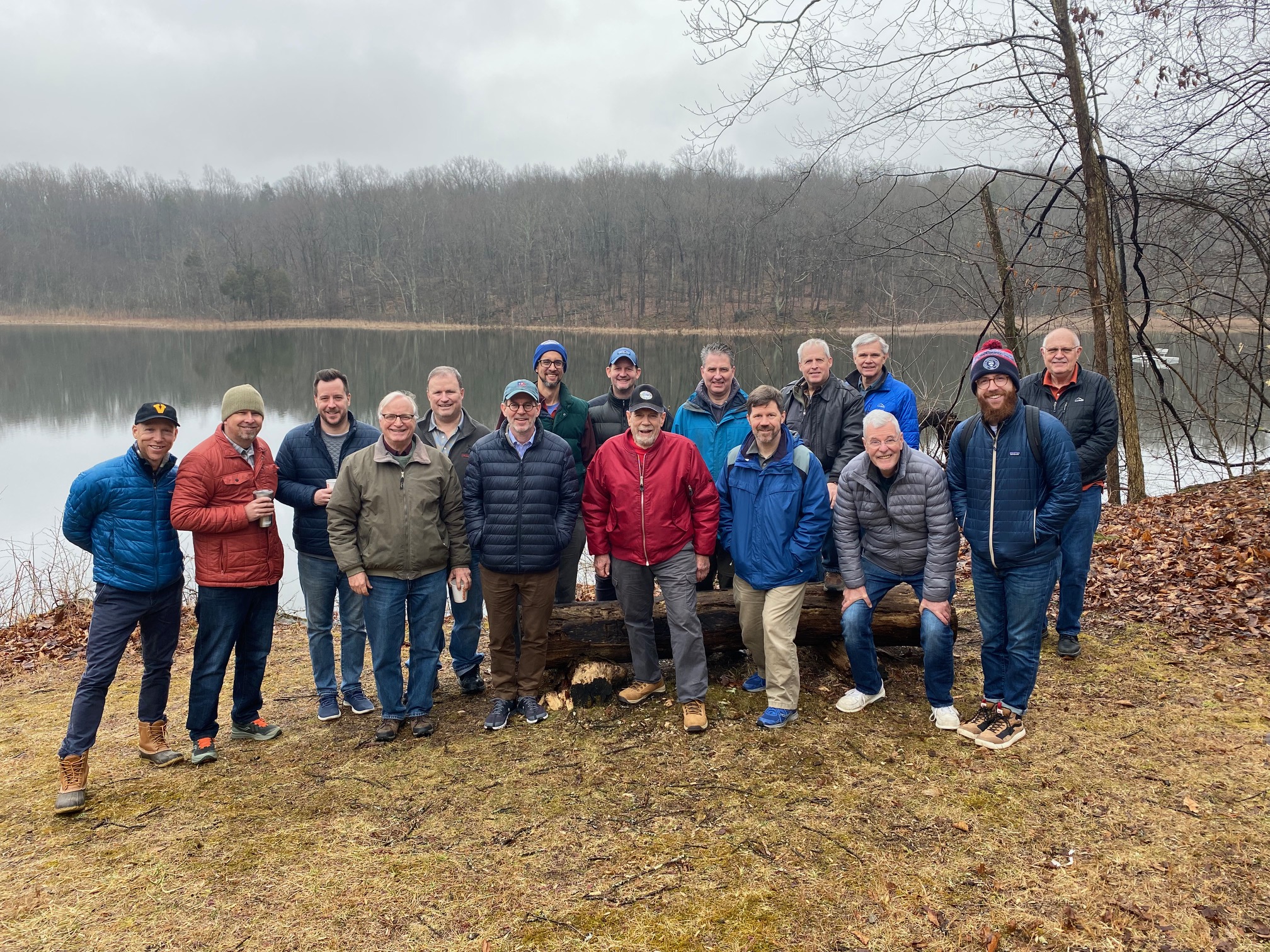Bah, humbug. I’ll be honest: I hate preaching on Christmas Eve.
Why? ‘Tis the most challenging day of the year. Folk want to get to their eggnog. Or have already had a healthy dose. Folk want their shot of church, without much todo about it. And what new to say about this way-too-familiar text?
So, keep it simple, I say.
Here’s what I’m thinking about as I ruminate on the old, old story.
The Shepherds. They saw something. They saw something that completely re-framed their reality. “They went away glorifying and praising God, for all they had seen….” (Luke 2:20).
They saw something. Here’s the question this time rattling around in my mind: how is it that our seeing can frame, or re-frame, our reality?
We know of so many stories where such a thing – seeing – can define and reframe one’s life for ill. Lot’s wife looking back at the sin she was fleeing from in Genesis 19 became a pillar of salt; that act of seeing froze her mind. Captain Ahab, seeing the White Whale chew off his leg. That experience was like seeing the Medusa; with a mind turned to stone, vengeance became the dominant principle in his life.
Modern psychology has well documented how seeing such a thing can freeze our imagination, and lock us into a state of being that sees only one reality. Ahab on his mad quest. The war veteran who still hears the shells going off in his mind. The abused woman who fears all men because of the experience of trauma with one of them.
But, the Shepherds. They saw the anti-Medusa. Something quite different. They saw what reframed not only their reality, but (if you believe) all reality. God become human. In that act, God changed human DNA itself, by taking it on, strand by strand, Godself. God become flesh, glorifying all flesh.
That notion is one that should blow our minds; it should reframe every mental pathway. “They went away glorifying and praising God, for all they had seen as it had been told to them.” Ah, there’s a key bit, yes? Here’s the challenge to Calvin. It’s not just about sitting back and waiting for something to happen, something to be shown. It has been shown, but the Shepherds job is indeed to “Go.” Go to Bethlehem, where you “shall see this thing that has taken place.”
They have been told.
We have been told. Sure, no angel choruses. But we have the transcript. We have it on reliable testimony that the news is true.
A friend of mine told me about a movie he saw recently called The Secret. I haven’t seen the movie, but he described it as a movie that profoundly affected his thinking. From what I could tell, the basic gist is this: what you tell yourself determines what you shall see.
A person whose dominant message is, “life sucks because a white whale bit my leg off,” will see things a certain way. Grievance is the primary lens through which one looks at life.
Another, who understands, “God has glorified all of life by becoming one of us,” will see quite another reality. Gratitude is the primary motif. What will such a person see? What glory? What goodness?
We’ve been told. Now is ours to Go. To see this thing that has happened.
Have you seen? Have you seen something that has re-framed your reality? And was your seeing somehow tied to what you “had been told”?
Do we–do you–not struggle with this? That father-in-law whose identity is frozen in your mind as the selfish one. The stingy boss who will never praise you enough. A life that is never satisfying enough. A spouse who is constantly not living up to your expectations. “Go. See.” You might see something completely different, that reframes your whole life.
Worth a look.
So now I’m thinking: how do I love preaching on Christmas Eve? The opportunity to see something new in these so-familiar texts. The chance to invite the text to touch the heart of someone who never comes to church, the CEO (Christmas and Easter Only) set. What a blessing! What a glory! Praise and Glory to God!
Wishing you and yours a merry, and Humbug-free, Christmas.
Blessings,
Jeff V.
PS – THANKS to my good friend, the Rev. William McQuoid, who will fill the pulpit this Sunday, December 27.



